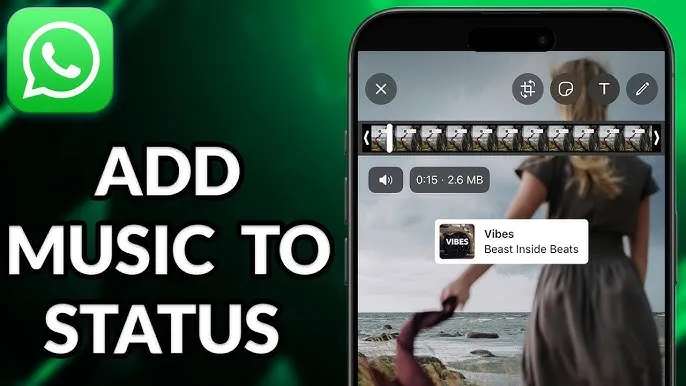
- Original author(s): Brian Acton, Jan Koum
- Developer(s): Meta Platforms, Will Cathcart (Head of WhatsApp)
- Initial release: February 2009
- Operating system: Android, iOS, iPadOS, KaiOS, macOS, Windows, Windows Phone, Wear OS, Web, Meta Quest
- Type: Instant messaging, VoIP
- Website: whatsapp.com
WhatsApp is a renowned instant messaging (IM) and voice-over-IP (VoIP) service that has become an integral part of daily communication for billions of users worldwide. Owned by the technology conglomerate Meta, WhatsApp facilitates a multitude of communication methods, including the ability to send text messages, voice messages, and video messages. It also supports voice and video calls, and allows users to share images, documents, user locations, and other media content. The service operates on mobile devices but can also be accessed from computers, requiring only a cellular mobile telephone number to sign up.
Since its inception in 2009, WhatsApp has seen a meteoric rise in popularity, becoming the world's most popular messaging application by 2015. As of early 2020, it boasted more than 2 billion users across the globe. The app's success can be attributed to its simplicity, reliability, and commitment to privacy, with end-to-end encryption ensuring that communications remain secure. WhatsApp's influence is particularly notable in regions like Latin America, the Indian subcontinent, and large parts of Europe and Africa, where it has become a primary means of internet communication.
In addition to its core messaging functions, WhatsApp has expanded its offerings to include a standalone business app known as WhatsApp Business, designed to facilitate communication between companies and consumers. The app's user-friendly interface, combined with its free service model, has made it a go-to platform for personal and professional communication alike. With continuous updates and new features, such as the recent integration of AI image generation, WhatsApp remains at the forefront of innovation in the messaging app market.




-1713493326-q80.webp)